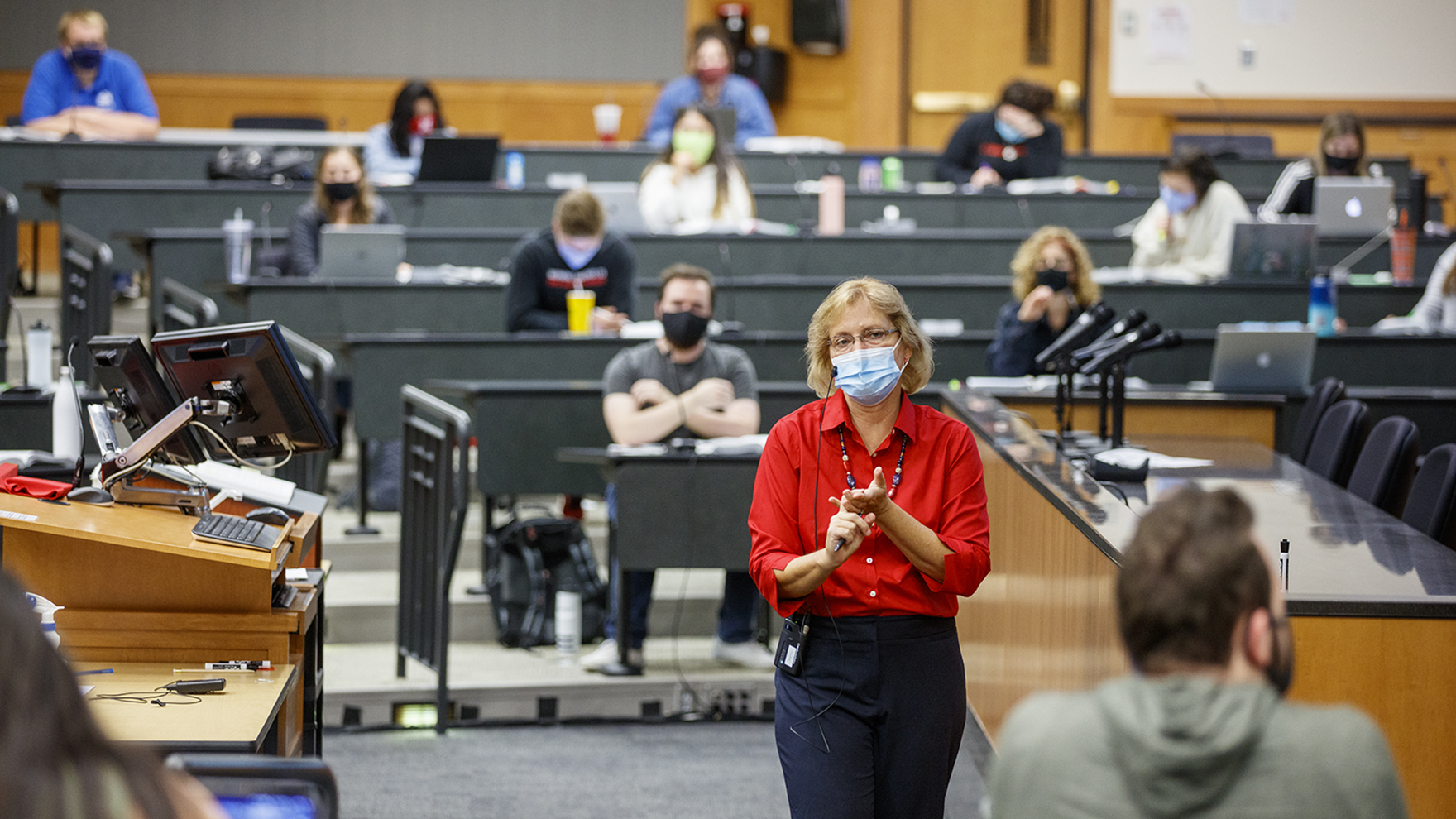
The University of Nebraska College of Law has joined a number of U.S. law schools and the American Bar Association in the formation of the Legal Education Police Practices Consortium. The group will contribute to the national effort to examine and address legal issues in policing and public safety, including conduct, oversight and the evolving nature of police work.

Organized and housed within the ABA Criminal Justice Section, the consortium will work to advance the widespread adoption of model police practices and initiate other projects designed to support effective policing, promote racial equity in the criminal justice system and eliminate tactics that are racially motivated or have a disparate impact based on race.
Nebraska is one of four Big Ten law schools, and 52 nationwide, participating in the effort.
“Nebraska Law is proud to represent our state as part of such an important initiative,” said Richard Moberly, dean of law. “We strive to develop inclusive leaders — people who will leave the law school and make real changes in our communities. My hope is that while they are here, students will work with the consortium to identify biases and provide opportunities to improve police practices.”
Josephine Potuto, Richard H. Larson Professor of Constitutional Law, will serve as Nebraska’s consortium representative. Potuto is a well-regarded scholar whose work in criminal law, criminal procedure, federal jurisdiction and constitutional law spans more than four decades.
Nebraska Law students will have several opportunities to engage in consortium activities. Potential law student assignments may include:
promoting existing ABA policies at the local, state and national levels;
developing new policy for potential consideration by the ABA House of Delegates;
engaging with police departments and local, state and national leaders on police practices;
conducting research to support scholarship related to consortium goals;
providing support to public commentary and advocacy (research for op-eds, blogs and articles); and
developing model curricula for law schools related to consortium goals.
“Over the next five years, Nebraska Law students will help to reshape police practices in our country and our state,” Moberly said.








